Cervical Screening Awareness Week: what to do during the pandemic
Here is everything you need to know about going for a smear test during the pandemic

Here is everything you need to know about going for a smear test during the pandemic
Coronavirus has changed a lot about our lives, including the experience of visiting the GP. For months we have been advised by the government to stay at home and avoid all but essential travel. As a result, leading cervical cancer charity Jo's Cervical Cancer Trust has noted a worryingly low attendance for cervical screenings, and is urging women to attend appointments during Cervical Screening Awareness Week.
According to new research conducted by the charity, one in eight women say they feel they are less likely to attend their appointment now than they would have been before the pandemic, while 13 per cent believe it would be best to put off having their test at the moment. Reasons for a lack of attendance include such not wanting to put ‘additional strain’ on the NHS, uncertainty over changes to cervical screening and fears over being infected with the virus.
Five million women are invited for cervical screening each year in the UK with around 3.5 million taking up their invite. For Cervical Screening Awareness Week, which is running from Monday 15 June until Sunday 21 June, Marie Claire has spoken to Jo’s Trust in order to answer the most important questions about having a smear test amid the Covid-19 outbreak. With low cervical screening attendance already a concern before COVID-19, it's super important we are educated on what we can and can't do during this time, especially as GPs are now starting screenings in England.
I don’t know how cervical screening works now. What should I expect?
Although your cervical screening test will be the same, your experience at your GP surgery may seem a little different at the moment. Your GP surgery will have safety measures in place to keep you and their staff safe, including your nurse or doctor wearing personal protective equipment (PPE) and being asked to follow certain instructions, such as waiting outside until it’s time for your appointment or using a particular door.
Can I book a cervical screening appointment now?
It depends on where in the UK you live. The Cervical Screening Programme in England is inviting people for cervical screening. GP surgeries and some sexual health clinics are doing cervical screening. If you have had your invitation, you can contact your GP surgery to book an appointment.
Should I go to my cervical screening appointment if I have been invited?
If you would like to go to cervical screening but are worried about coronavirus, you need to consider your personal situation. As always, it is your choice whether to go to cervical screening. If you have had an invitation, it is now safe to go to your GP surgery for cervical screening. Your GP surgery will have put in place safety measures to keep you, and their staff, safe and well. If you want to understand exactly what your GP surgery is doing, you can contact them by phone or online.
Marie Claire Newsletter
Celebrity news, beauty, fashion advice, and fascinating features, delivered straight to your inbox!
If you are self-isolating, you should not book an appointment until you have finished isolating. If you are shielding, you will need to think about your individual situation and safety.
Should I go to my cervical screening appointment if I have symptoms of coronavirus or am self-isolating?
If you have symptoms of coronavirus, or have been in contact with someone who does, you should not go to your cervical screening appointment. Symptoms of coronavirus include a new continuous cough, high temperature and loss or change to your sense of taste and smell. If you have any of these symptoms, you must self-isolate for 7 days. If a member of your household or someone you have been in contact with has these symptoms, you must self-isolate for 14 days.
If you are invited for cervical screening or have an appointment booked, contact your GP surgery and let them know you have coronavirus symptoms. They can help rearrange your appointment for after you have isolated.
I live in England but my GP surgery isn’t offering cervical screening. What should I do?
All GP surgeries in England should now be offering cervical screening. However, your GP surgery will have to make decisions based on their situation, including availability of staff and resources, and whether they can put appropriate safety measures in place for you and their staff. If your appointment is delayed while these decisions are being made, your GP surgery will be doing it with your health as a priority. If you are worried and would like support, call 0808 802 8000. You can also contact your GP surgery and ask to speak with a nurse or doctor.
Should I put off booking my cervical screening appointment until the coronavirus pandemic is over?
We don’t know when the coronavirus pandemic will end or the government guidance will change so, if you put off your cervical screening appointment, we can’t say how long you may be waiting for one. You will need to think about this potential delay and your individual situation when making your decision. You can chat with your nurse or doctor about your situation, the safety measures they have in place, and any other concerns you have.
If you are self-isolating, book your appointment for after your isolation, to make sure you are less likely to spread coronavirus. If you are shielding, it is important to read the guidance where you live and chat with your healthcare professional to help make a decision.
I have symptoms of cervical cancer. What should I do?
Symptoms of cervical cancer include bleeding between periods, after sex and after menopause, changes to vaginal discharge, pain during or after sex, and unexplained lower back or pelvic pain. If you have any of these symptoms, it is important you contact your GP surgery by phone or online to get advice. A doctor should assess you over the phone or by video call. Once they know more about your individual situation, they will decide whether they need to see you at a face-to-face appointment to do a further examination. It is important to remember that cervical cancer is rare, so the likelihood that your symptoms are caused by cervical cancer is low. However, it is still important to get medical advice.
Is it safe to go to a cervical screening at the moment?
Yes. Your GP surgery will only offer cervical screening if they are confident they can keep you and their staff safe. You can support them by following any instructions they give you, for example about arrival times or whether they advise you to wear a face covering.
Will my cervical screening appointment be the same as before coronavirus?
Your experience at your GP surgery may be slightly different to usual because they will have safety measures in place. For example, you may be asked to arrive as close to the appointment time as possible and your nurse or doctor may be wearing a mask. The cervical screening test itself, where your nurse or doctor takes a sample of cells from your cervix, will be exactly the same and should only take a couple of minutes.
Do I need to wear a mask or gloves to my appointment?
You can choose to wear a face covering to your appointment as it aims to protect the people around you from coronavirus, just like other people wearing a face covering or mask protects you. It is important to wash your face covering once you are back home. Also, some GP surgeries are providing people with face coverings when they arrive for an appointment, or asking them to wear a face covering. You may want to ask your GP surgery about this when booking an appointment.
How long will my cervical screening appointment take?
Some GP surgeries are currently allowing for longer appointment slots, usually about 30 minutes, which includes time spent waiting for your appointment and being shown to the examination room. This longer time means the surgery can follow their safety measures and make sure there aren’t too many people coming in and out of the building at once. However, the test itself, where your nurse or doctor takes a sample of cells from your cervix, should only take a few minutes.
Is it possible to get coronavirus through cervical screening?
Coronavirus is a respiratory illness, which means it affects the lungs and airways. It is most commonly spread by droplets from the mouth or nose, when someone coughs or sneezes. With this in mind, cervical screening is not considered high risk for passing on or getting coronavirus. Your nurse or doctor should be wearing PPE to make sure the risk is as low as possible.
Can I take someone with me to my appointment?
Most GP surgeries are asking that you don’t take anyone to your appointment at the moment. The aim is to keep you and everyone who works there as safe and well as possible, and part of that is limiting the amount of people allowed into the surgery. You may be able to have an extra member of staff with you, if having another person in the room is helpful.
That said, if you find cervical screening particularly hard without having a trusted person with you, or need them for assistance, tell your GP surgery. They may allow someone else to come with you.
Can I take my child to my appointment?
Most GP surgeries are asking that you don’t take anyone to your appointment at the moment, including your child. The aim is to keep you and everyone who works there as safe and well as possible, and part of that is limiting the amount of people allowed into the surgery. If you are struggling with childcare or need to have your child with you for another reason, tell your GP surgery. They may allow them to come with you.
Can a nurse or doctor visit my house to do a cervical screening?
Many GP surgeries do not offer cervical screening at home, and didn't even before coronavirus. It is best to contact your GP surgery and ask what they can offer, particularly if you can’t access cervical screening at the surgery due to a disability.
Am I at higher risk of coronavirus if I’ve had HPV?
There is no evidence to suggest you are at a higher risk of getting or becoming seriously ill with coronavirus because you have or have had HPV.
When will I get my cervical screening results?
You should still get your results within four weeks after your appointment. However, your results may be delayed – this may be because your lab is processing a lot of cervical screening tests, or they have also been asked to process coronavirus tests. Your nurse or doctor should tell you when to expect your results at the appointment. If they didn’t, or you haven’t had your results within the expected time, you can call your GP surgery to ask when they might arrive.
For more information on Cervical Screening Awareness Week visit jostrust.org.uk/csaw - or if you feel worried about your cervical health and coronavirus and would like emotional support, call the charity's free national helpline on 0808 802 8000
Olivia – who rebranded as Liv a few years ago – is a freelance digital writer at Marie Claire UK. She recently swapped guaranteed sunshine and a tax-free salary in Dubai for London’s constant cloud and overpriced public transport. During her time in the Middle East, Olivia worked for international titles including Cosmopolitan, HELLO! and Grazia. She transitioned from celebrity weekly magazine new! in London, where she worked as the publication’s Fitness & Food editor. Unsurprisingly, she likes fitness and food, and also enjoys hoarding beauty products and recycling.
-
 How the slogan t-shirt became this season's must-have - and why it's more than just another trend
How the slogan t-shirt became this season's must-have - and why it's more than just another trendNot just another Nineties throwback
By Clementina Jackson
-
 How are Trump’s tariffs affecting the fashion industry?
How are Trump’s tariffs affecting the fashion industry?The fluctuating situation in the US is having very real consequences
By Rebecca Jane Hill
-
 Here's every character returning for You season 5 - and what it might mean for Joe Goldberg's ending
Here's every character returning for You season 5 - and what it might mean for Joe Goldberg's endingBy Iris Goldsztajn
-
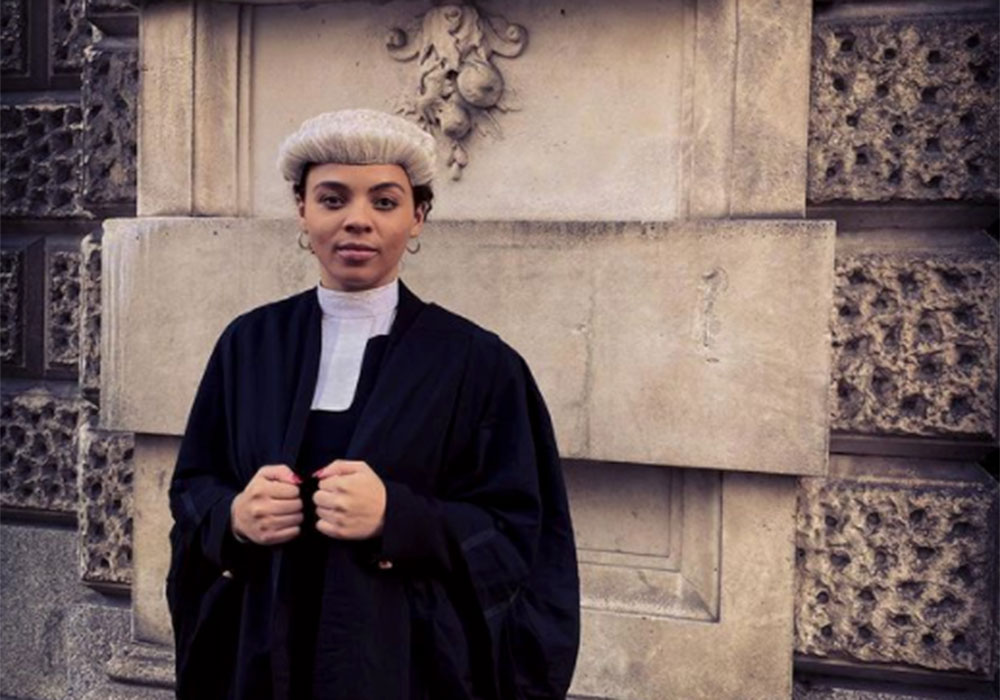 "I'm a Black barrister working in a broken justice system"
"I'm a Black barrister working in a broken justice system"Alexandra Wilson is a 26-year-old barrister speaking out about sexism, racism and class inequality at the very heart of the legal system. She shares her disturbing experiences, and why activism will make a difference.
By Alexandra Wilson
-
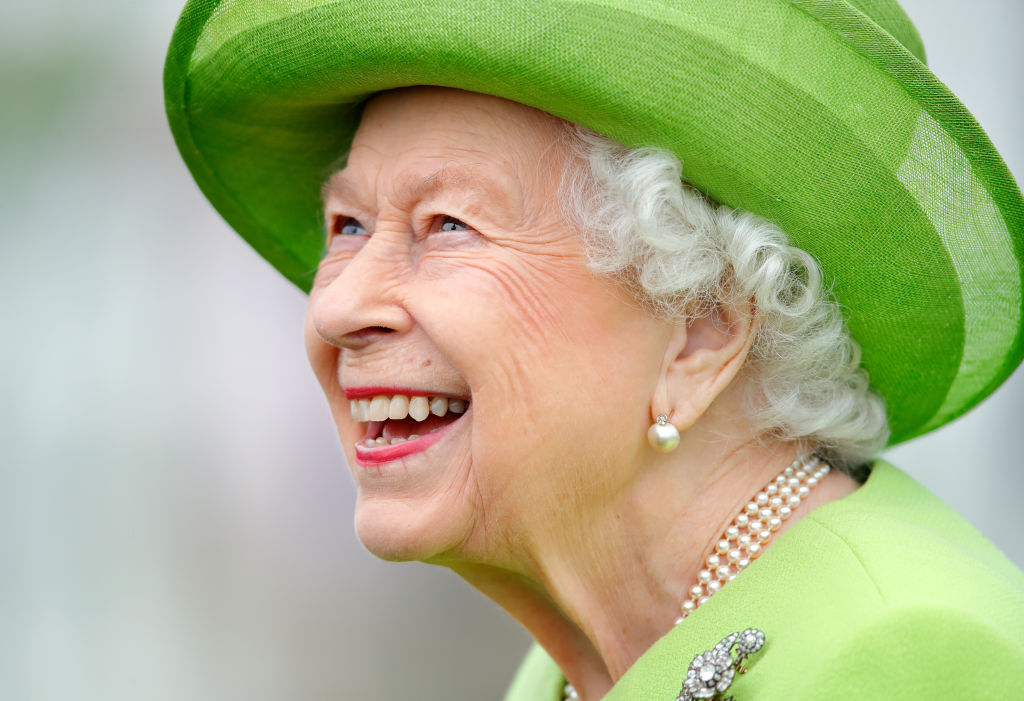 Feeling sad this week? Learn about the 5 steps of grief, plus how to avoid it consuming you
Feeling sad this week? Learn about the 5 steps of grief, plus how to avoid it consuming youAs the nation mourns Her Majesty The Queen.
By Ally Head
-
 Pride events: 7 IRL and virtual celebrations to add to your calendar for 2021
Pride events: 7 IRL and virtual celebrations to add to your calendar for 2021Ready to celebrate?
By Rosie Grant
-
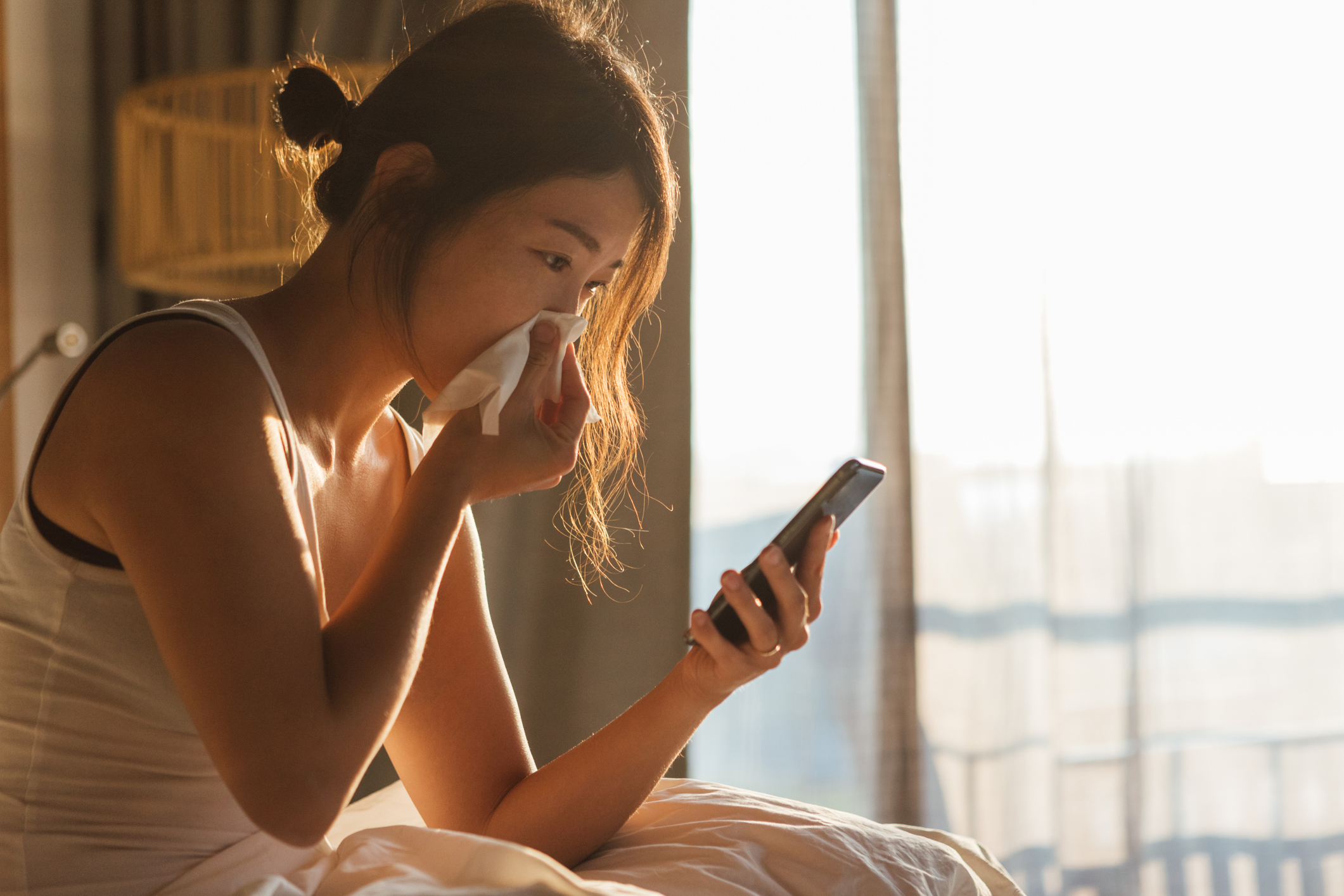 Coronavirus versus cold symptoms: How to know whether you've got COVID 19 or a common cold
Coronavirus versus cold symptoms: How to know whether you've got COVID 19 or a common coldThis is important. Read guidance from the experts now.
By Ally Head
-
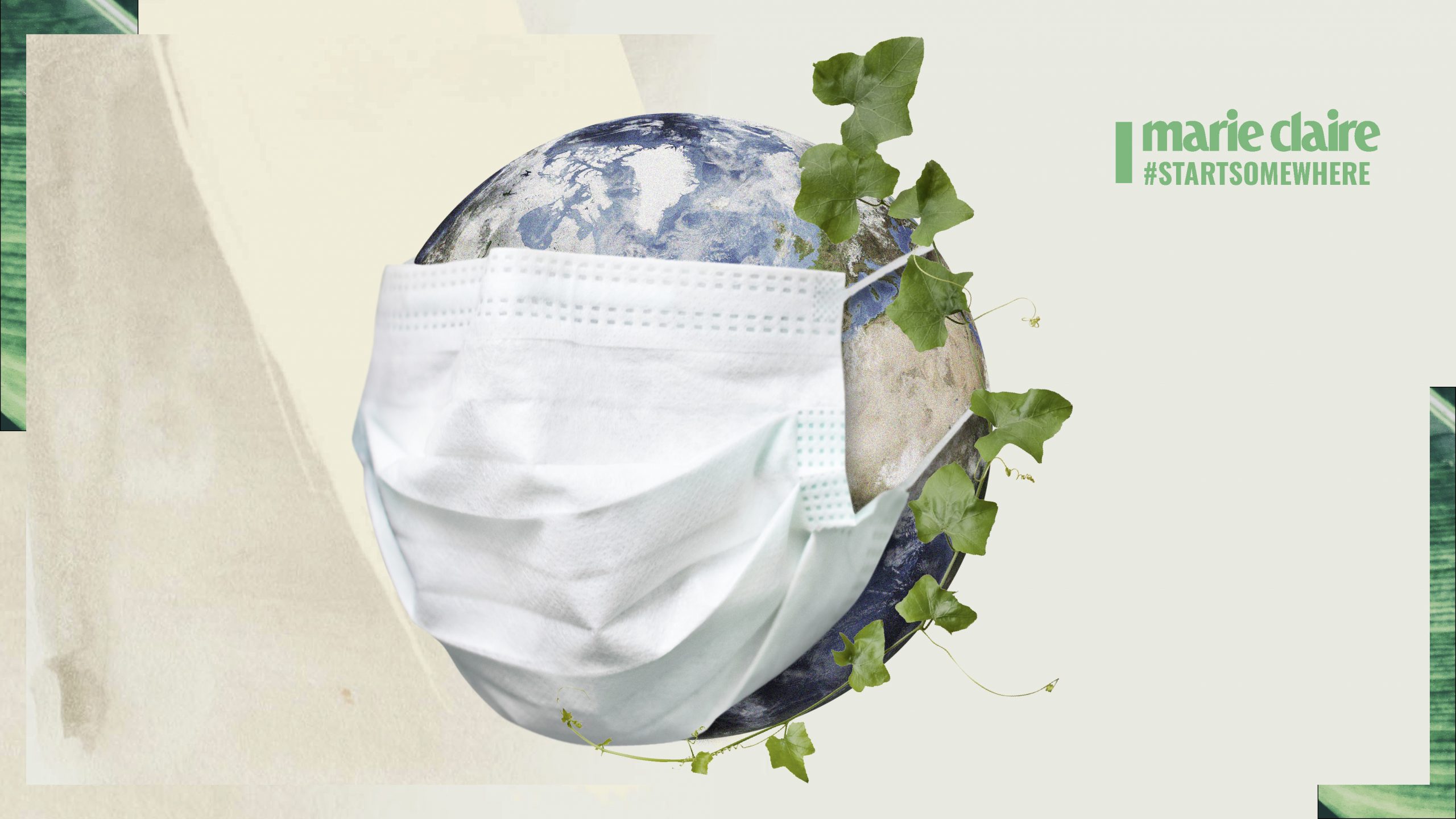 How COVID-19 made us forget our morals on plastic
How COVID-19 made us forget our morals on plasticPre-pandemic, we cared about our habits of plastic use. Lockdown changed all that - but it's not too late to continue the fight
By Olivia Adams
-
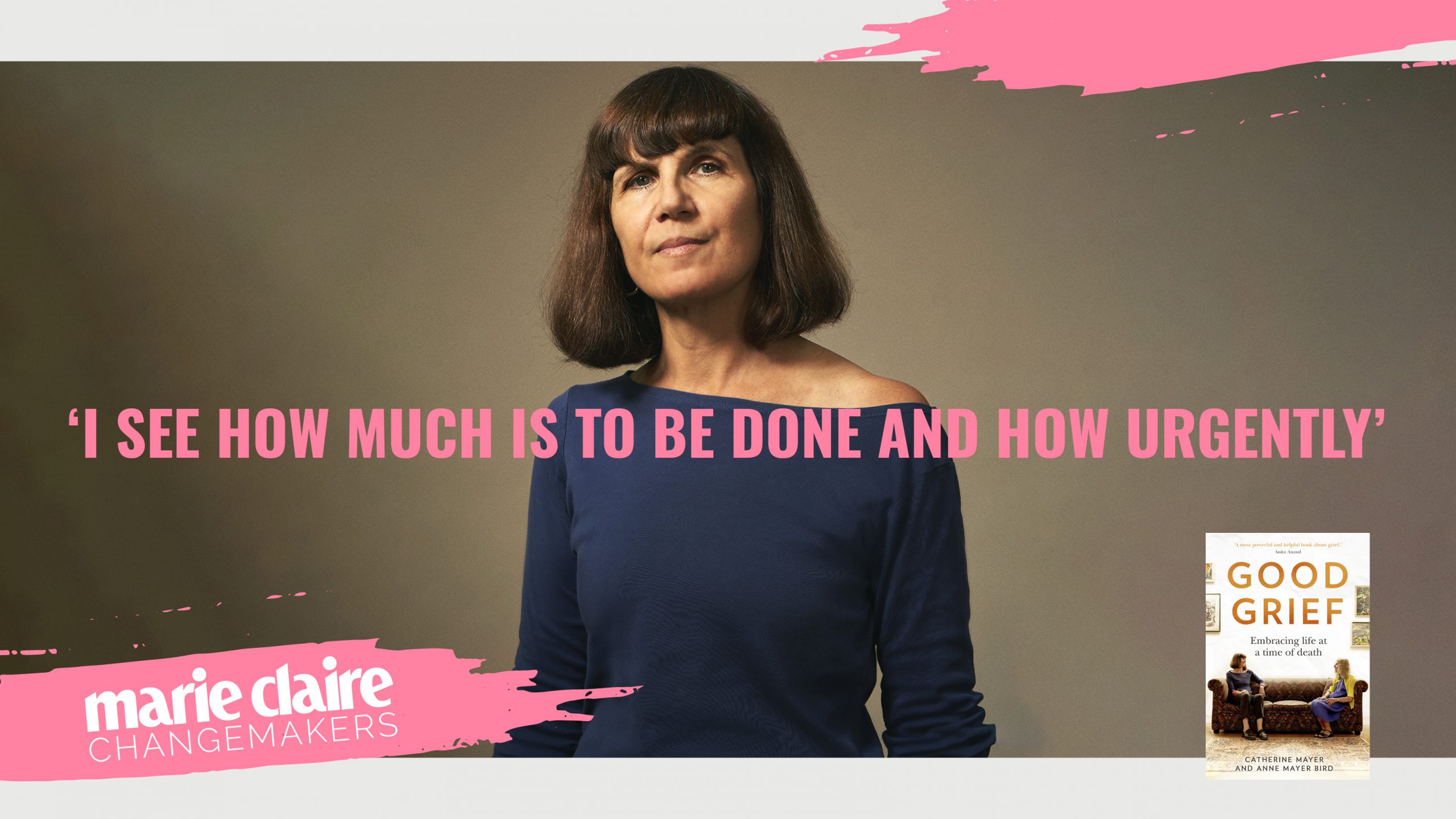 Catherine Mayer on women's rights: 'I see how much is to be done and how urgently'
Catherine Mayer on women's rights: 'I see how much is to be done and how urgently'Co-founder of the Women's Equality Party, Catherine Mayer, was married to influential musician Andy Gill until his death in Feb 2020. This International Women's Day, Mayer shares with affecting honesty how grief adds clarity to her life-affirming activism
By Maria Coole
-
 Tanya Burr shares her top 6 resources for educating yourself - and growing - this IWD
Tanya Burr shares her top 6 resources for educating yourself - and growing - this IWDThe theme of this International Women's Day is Choose to Change - let Tanya help you become a change-maker with her top resources.
By Ally Head
-
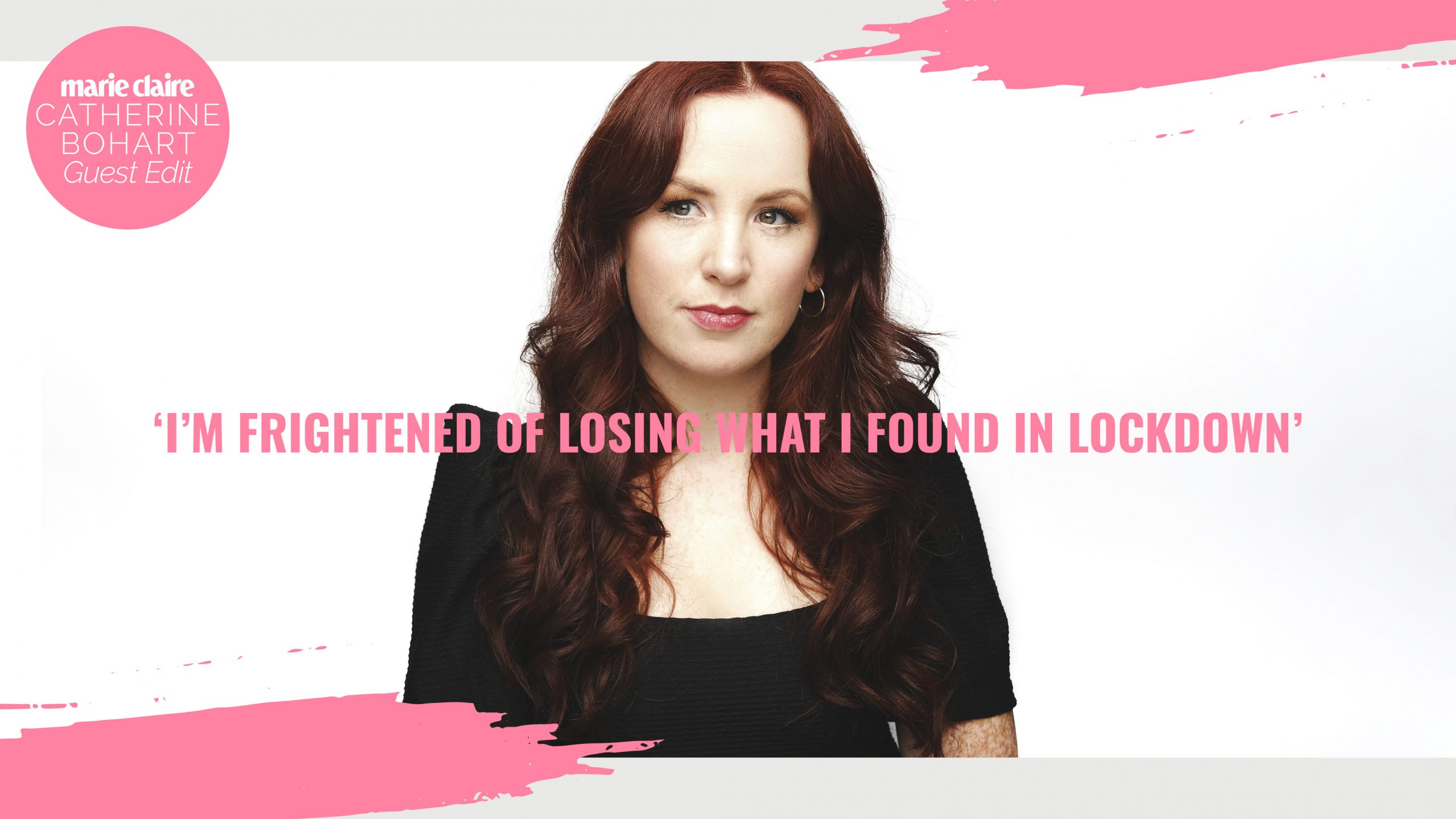 Catherine Bohart: 'I’m frightened of losing what I found in lockdown'
Catherine Bohart: 'I’m frightened of losing what I found in lockdown'Award-winning writer and comedian Catherine Bohart shares what her own lockdown mental health journey helped her discover
By Sophie Goddard